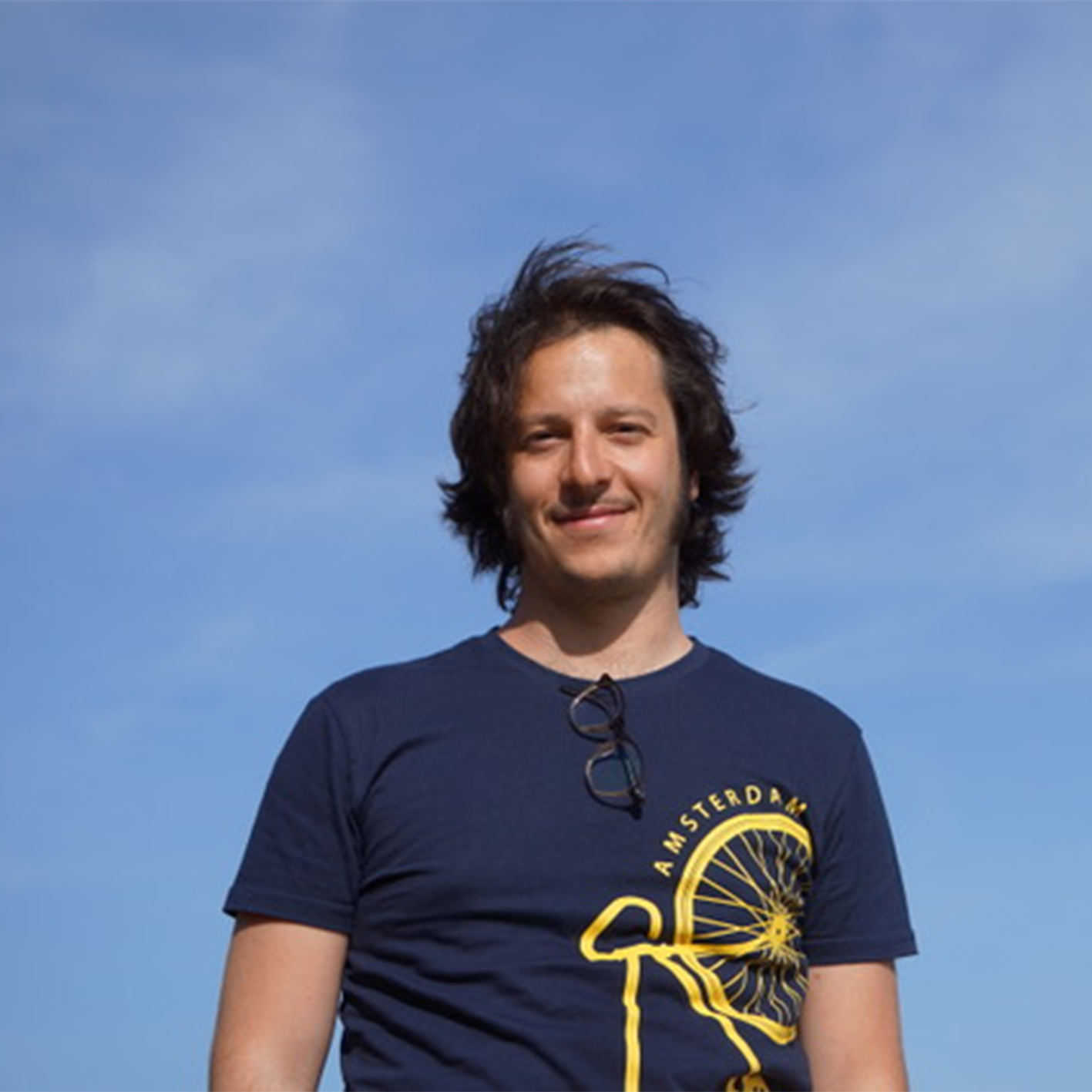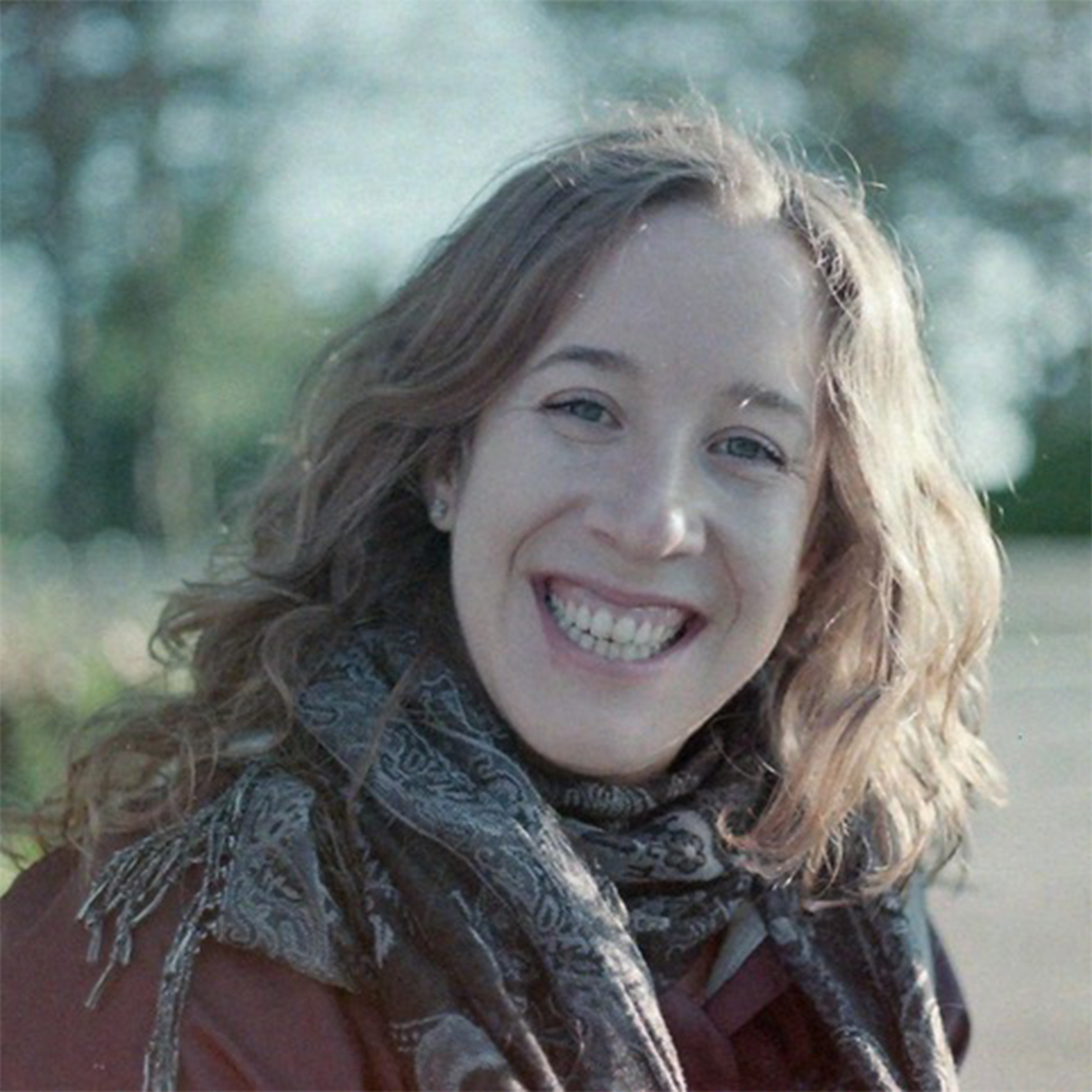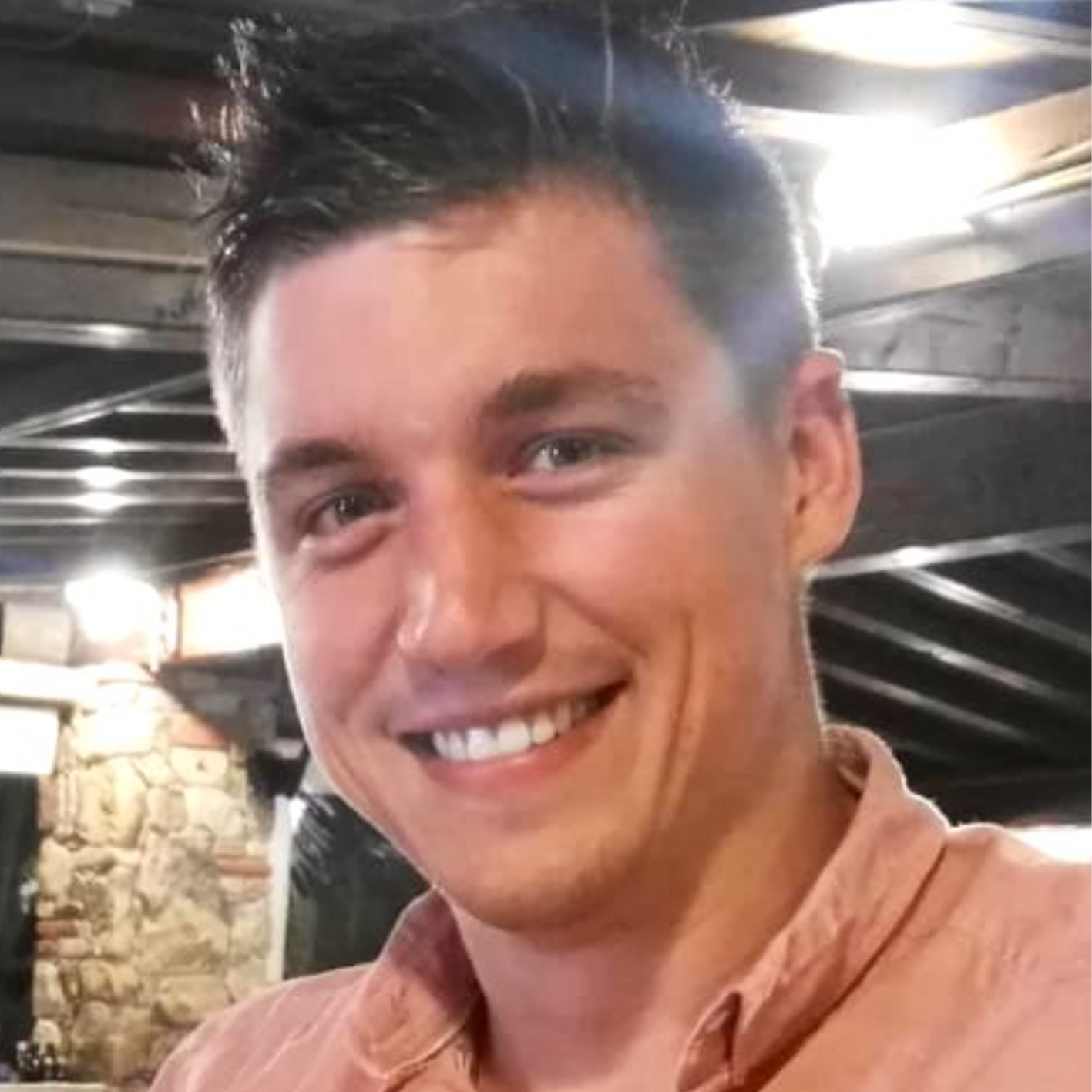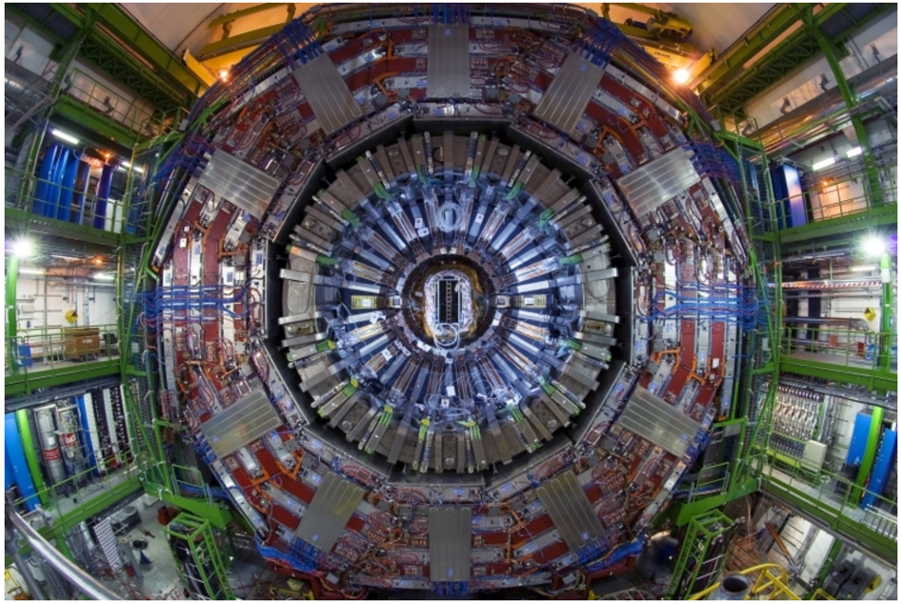
The awardees of the 2020 CMS Thesis Award are Matteo Defranchis, Cristina Martin Perez and Thorben Quast!
Every year, since 2000, the CMS Thesis Award Committee recognizes and rewards excellence in the CMS PhD student research. Thesis can be written on any CMS related topic, including physics analysis, simulation, computing, detector development, and engineering, and are eligible for nomination. This year’s committee selected the three winners from a total of 24 nominations.
Thesis submitted and defended during the 12 months prior to the nomination deadline in November 2020 were eligible for the 2020 award. Selections were made by a committee appointed by the CMS Collaboration Board, a diverse panel of 28 CMS scientists from across the Collaboration, and were judged on clarity of presentation, originality, and impact of the research work.
The award includes a plaque of recognition and a proposal to have the thesis endorsed by CMS for publication in the Springer Theses series that recognizes exceptional PhD theses in the physical sciences.

Matteo Defranchis, Deutsches Elektronen-Synchrotron DESY and Hamburg University
Matteo’s thesis is recognized for essential contributions to the first measurement of the running of the top quark mass, including the study of the performance of new algorithms for the identification of b jets in boosted topologies and of dedicated algorithms for the high-level trigger, and the development of a fully consistent method for the simultaneous measurement of the top quark pair production cross-section and the top quark mass, leading to the measurement of the top mass scale dependence.
“During my PhD I learned not only to perform physics research in a creative and independent fashion, but also to work in a diverse community of more than 3000 scientists, with different educational and cultural backgrounds. I also had the occasion to start developing leadership skills by coordinating small groups of scientists within the CMS experiment, a task of great responsibility. The experience that I gained during my PhD extends far beyond physics understanding and technical skills. It made me a more mature, aware, and open-minded person.” Matteo said.

Cristina Martin Perez, LLR -Institut Polytechnique de Paris
Cristina’s thesis is recognized for essential contributions to the detection of signals from rare Higgs production in association with top quarks, developing new advanced algorithms for online selection of events with tau leptons decaying to hadrons, both in current LHC running conditions and in the hardship of the High Luminosity running, as well as for significantly contributing to the analysis of the present data.
“The realization of my doctoral thesis has been the most challenging yet the most rewarding three years of my life. While being a very stressful period which required huge commitment, it constituted a once-in-a-lifetime experience of enormous personal growth. I have worked with extraordinary researchers who have served as an example to me and from whom I have learned very valuable technical and personal skills. I have enjoyed the independence and the flexibility of my research, alongside the frequent conferences and interactions with colleagues from all over the world. It has been a real pleasure to contribute to fundamental research in such a cutting-edge experiment, and receiving this award is a great honor for me.” Cristina said.

Thorben Quast, RWTH Aachen University
Thorben’s thesis is recognized for essential contributions to the development of the CMS highly granular calorimeter (HGCAL), including the applications of state-of-the-art data analysis techniques to make full use of the prototype calorimeter granularity and for the application of advanced computational methods towards the development of fast and accurate detector simulation techniques.
“Being awarded a PhD in Physics implies making a significant contribution towards the advancement of the knowledge of mankind. At the beginning of my physics studies, this was still an abstract goal which has become more and more tangible in the subsequent eight years.
Ultimately, I am happy to have contributed to enabling future generations of HL-LHC physicists to better understand Nature and its laws at the smallest scales.” Thorben said.

